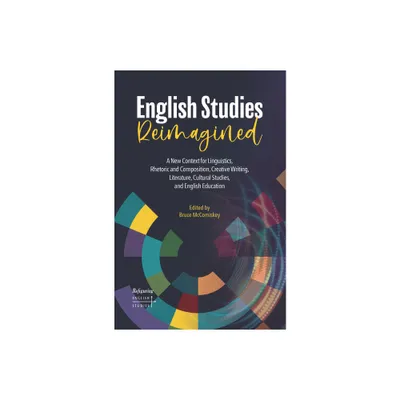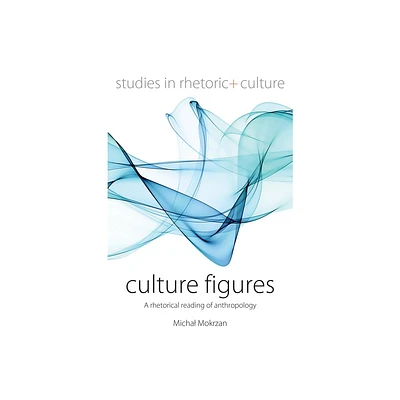Home
Rhetorics, Poetics, and Cultures: Refiguring College English Studies
Loading Inventory...
Barnes and Noble
Rhetorics, Poetics, and Cultures: Refiguring College English Studies
Current price: $29.95


Barnes and Noble
Rhetorics, Poetics, and Cultures: Refiguring College English Studies
Current price: $29.95
Loading Inventory...
Size: Paperback
*Product Information may vary - to confirm product availability, pricing, and additional information please contact Barnes and Noble
Rhetorics, Poetics, and Cultures is James Berlin's most comprehensive effort to refigure the field of English Studies. Here, in his last book, Berlin both historically situates and recovers for today the tools and insights of rhetoric-displaced and marginalized, he argues, by the allegedly disinterested study of aesthetic texts in the college English department. Berlin sees rhetoric as offering a unique perspective on the current disciplinary crisis, complementing the challenging perspectives offered by postmodern literary theory and cultural studies. Taking into account the political and intellectual issues at stake and the relation of these issues to economic and social transformations, Berlin argues for a pedagogy that makes the English studies classroom the center of disciplinary activities, the point at which theory, practice, and democratic politics intersect. This new educational approach, organized around text interpretation and production-not one or the other exclusively, as before-prepares students for work, democratic politics, and consumer culture today by providing a revised conception of both reading and writing as acts of textual interpretation; it also gives students tools to critique the socially constructed, politically charged reality of classroom, college, and culture. This new edition of Rhetorics, Poetics, and Cultures includes JAC response essays by Linda Brodkey, Patricia Harkin, Susan Miller, John Trimbur, and Victor J. Vitanza, as well as an afterword by Janice M. Lauer. These essays situate Berlin's work in personal, pedagogical, and political contexts that highlight the continuing importance of his work for understanding contemporary disciplinary practice.


















